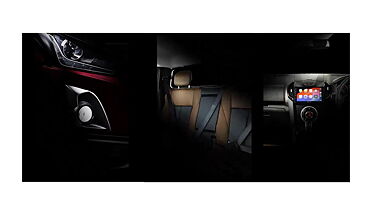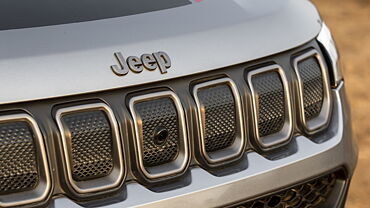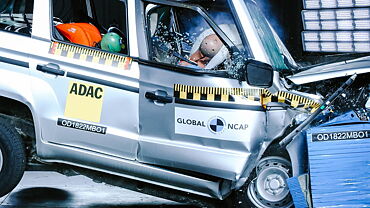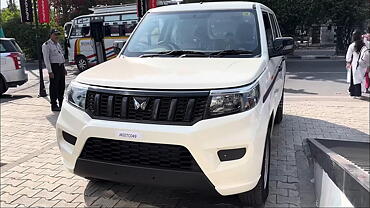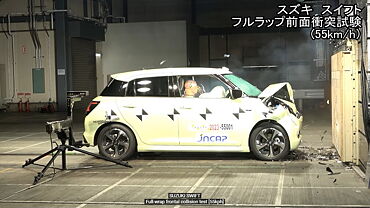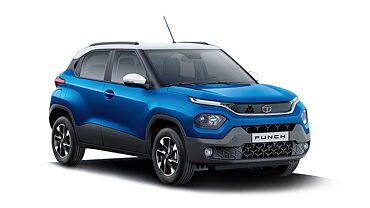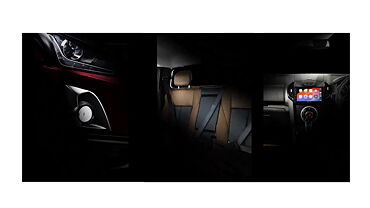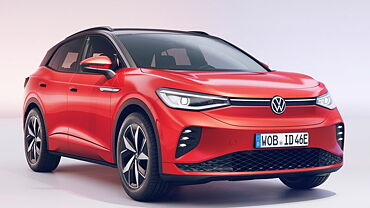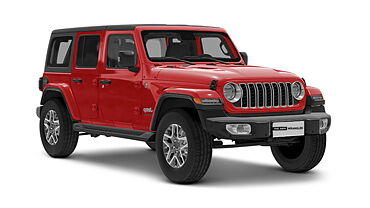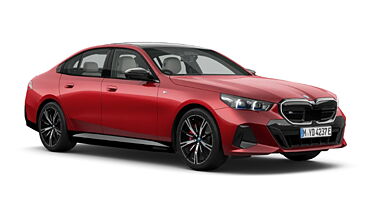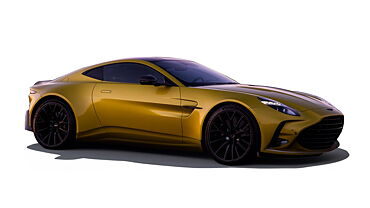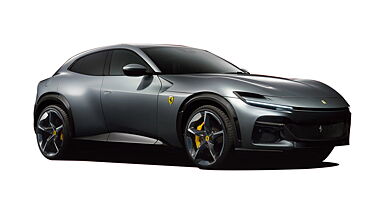In March 2012, Suzuki and Mitsubishi will join compatriots Nissan and Honda among the Japanese companies working under the Eco Car project of Thailand. It is anticipated that Toyota will also jump on this bandwagon next year. Under this project, car manufacturers will develop environment friendly vehicles in Thailand in order to enjoy sops provided by the national government.
All Japanese companies mass producing cars in Thailand would be operating a unit in the Southeast Asian country alongside the ones they have in India. For example, Nissan produces Micra in India, whereas it manufactures the same vehicle under the name March in Thailand. Similarly, Honda develops the Brio hatchback in both the nations, while Swift will be the common car in Suzuki's stables in the two countries. When Toyota enters Thailand under the Eco Car project in 2013, it will bring its Etios, which is already manufactured in India. On the other hand, Mitsubishi Mirage has been limited to Thailand only as of now, even though the auto major has a strong presence in the Indian Subcontinent.
Earlier, Tata Nano was set to fall under the ambit of Eco Car project, though the manufacturer eventually decided against the plan. If it had gone through with the project, it would have been the only company in the category, which mainly has Japanese car makers.
These Japanese manufacturers are continually signing up for the Eco Car programme because of the incentives that the Government of Thailand awards them. However, they must produce cars that will comply with the requisite criteria, such as fuel efficiency of 20 kmpl and production of 1 lac cars as the fifth year concludes.
The Thai auto market is very small, though manufacturers operating in the Southeast Asian country can export cars made there to ASEAN nations under Thailand's Free Trade Agreements (FTAs) with them. Therefore, these Japanese car makers get free access to markets like Indonesia, Malaysia, Philippines, while Vietnam and Cambodia may also join the list in the short term.
Car manufacturers feel that the Indian market is driven by its vast size. Many of them are looking to use the country as a production base in order to sell models in the export market. For example, Toyota is looking to use the set up in India to tap into the potential of the Brazilian market, while Nissan already exports a majority of the India-made Micras to Europe. On the other hand, the latter sends the March made in Thailand to Japan.
Honda has not fared well in recent times due to calamities like floods in Thailand, which affected the production of Brio in India as well. Now, it will be using the Thai base in order to cater to the demand for the hatchback in ASEAN countries, whereas the Indian unit will manufacture Brio models for the domestic market.
When Suzuki produces cars in Thailand, it will play a larger role in Asia. India is the biggest manufacturing base of the company outside its homeland and it is anticipated that the suppliers of Maruti components would be contracted to sell parts for the Eco Car project as well. Indonesia is being called the next big market by experts and it seems that Japanese manufacturers will benefit from using Thailand as the production base.
It has become quite clear that the car manufacturers are centring their plans for the Asia Pacific region around India and Thailand only. With the Eco Car initiative, they can capture the ASEAN market, while servicing the Brazilian, Russian and South African markets through India.



